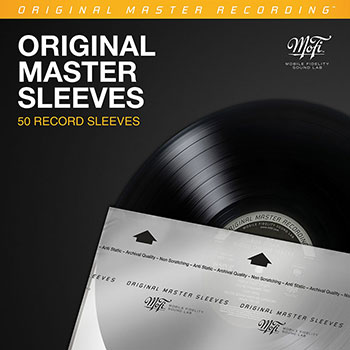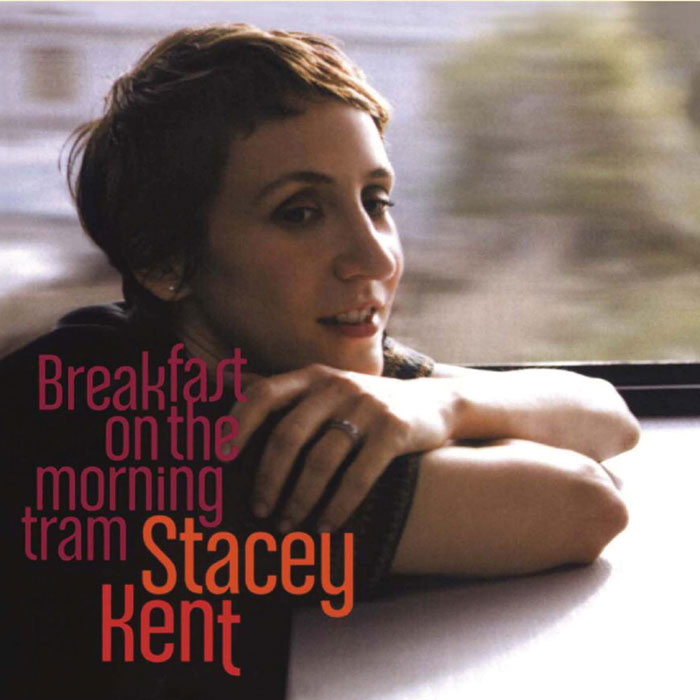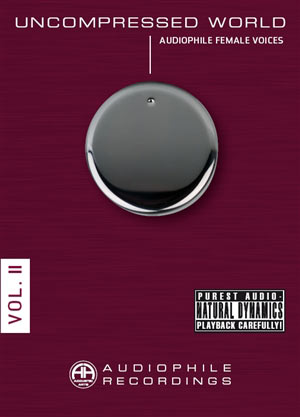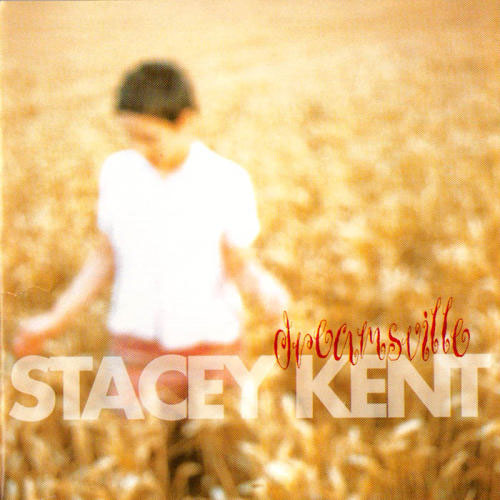Logowanie
Dziś nikt już tak genialnie nie jazzuje!
Bobby Hutcherson, Joe Sample
San Francisco
SHM-CD/SACD - NOWY FORMAT - DŻWIĘK TAK CZYSTY, JAK Z CZASU WIELKIEGO WYBUCHU!
Wayne Shorter, Freddie Hubbard, Herbie Hancock, Ron Carter, Elvin Jones
Speak no evil
UHQCD - dotknij Oryginału - MQA (Master Quality Authenticated)
Chesky! Niezmiennie perfekcyjny
Winylowy niezbędnik
ClearAudio
Double Matrix Professional - Sonic
najbardziej inteligentna i skuteczna pralka do płyt winylowych wszelkiego typu - całkowicie automatyczna
Stacey Kent
Breakfast on the morning tram
- Stacey Kent - vocal
"Breakfast On The Morning Tram is the musical equivalent of a growth spurt. With the important assistance of Kazuo Ishiguro, one of our finest novelists, who can now also call himself a serious lyricist, Stacey Kent and her permanent sidekick/producer/music director, Jim Tomlinson, have moved to a new place. The disc in your hands, Stacey’s first for Blue Note, marks the spot.
One easy way to describe the change is to note what is not on this record: no Gershwin or Porter, no Rogers or Berlin, no Carmichael or Ellington. The Great American Songbook that has been the source of most Stacey Kent material since her recording career began a decade ago, is represented here only by three songs out of a dozen. Yet all the songs on this album are cousins of the great Songbook songs, they all “seem to inhabit the same musical world,” as Jim Tomlinson put it to me.
They all tell stories, usually wistfully, something Stacey loves to do; they all make you think about love and loving; they all (if my experience is any indicator) stick in your head after just a few listenings. Most important, they all help Stacey show off her very best stuff. No Stacey Kent fan will be shocked by this record, they are much more likely to be delighted by it. She has never sounded better.
Four of the tracks offer compelling evidence that Jim Tomlinson can write songs, something he has never done before. Producing their own material has been on Stacey’s and Jim’s agenda for some time now. Their friend Ishiguro offered to try his hand at writing lyrics, which in this collaboration came first. While skiing in Colorado, Jim, with Stacey’s help and encouragement, wrote four memorable tunes to the words Ishiguro had written.
I have no idea whether these songs have the staying power of the classics, but to my ear every one of them is entirely original, lovely and surprising. Ishiguro’s lyrics are intriguing: a little mysterious, sometimes a little weird (a love affair at a hotel made of ice?), but unfailingly intriguing. Three of the four involve traveling and all involve romantic mysteries. All have a contemporary flavor; no one is going to think these lyrics were written in the 1930s. Yet they don’t sound like anything else I’ve heard in the 21st Century, either.
Stacey sings three songs here in French, two lesser-known love songs by the late Serge Gainsbourg and a famous samba from the 1966 French film A Man and a Woman, written by the Brazilians Baden Powell and Vinicius de Moraes, with a French lyric by Pierre Barouh. If you’re old enough to remember the movie, you’ll recognize the song at once. Stacey majored in modern European languages in college, and has the gift for pronouncing a foreign tongue that sometimes accompanies a perfect musical ear, so I defy her French fans to call this an American accent. It’s French. Another Brazilian represented here is Sergio Mendes, whose So Many Stars, with lyrics by Marilyn & Alan Bergman, sounds like a Songbook tune but is probably too young (1968) and has too mixed a parentage to qualify as one.
Stacey sings one Fleetwood Mac song from the 1970s written by Stevie Nicks, Landslide, and makes it her own. And then there are three from the Songbook: Hard Hearted Hannah, Never Let Me Go and What A Wonderful World. On the latter, Stacey quietly enters a world previously inhabited by Louis Armstrong. By my lights her version is as powerful as Satchmo’s." - Liner notes/Robert G. Kaiser
 >>> Płyty winylowe należy przechowywać WYŁĄCZNIE w NAJLEPSZYCH NA ŚWIECIE koszulkach produkcji legendarnej wytwórni MOBILE FIDELITY.
100% gwarancji na pozbycie się trzasków będących w istocie w 90% efektem ładunków elektrostatycznych a nie uszkodzeń mechanicznych płyty! <<<
>>> Płyty winylowe należy przechowywać WYŁĄCZNIE w NAJLEPSZYCH NA ŚWIECIE koszulkach produkcji legendarnej wytwórni MOBILE FIDELITY.
100% gwarancji na pozbycie się trzasków będących w istocie w 90% efektem ładunków elektrostatycznych a nie uszkodzeń mechanicznych płyty! <<<
 >>> Ten zestaw to podstawa każdego toru winylowego! <<<
>>> Ten zestaw to podstawa każdego toru winylowego! <<<






































